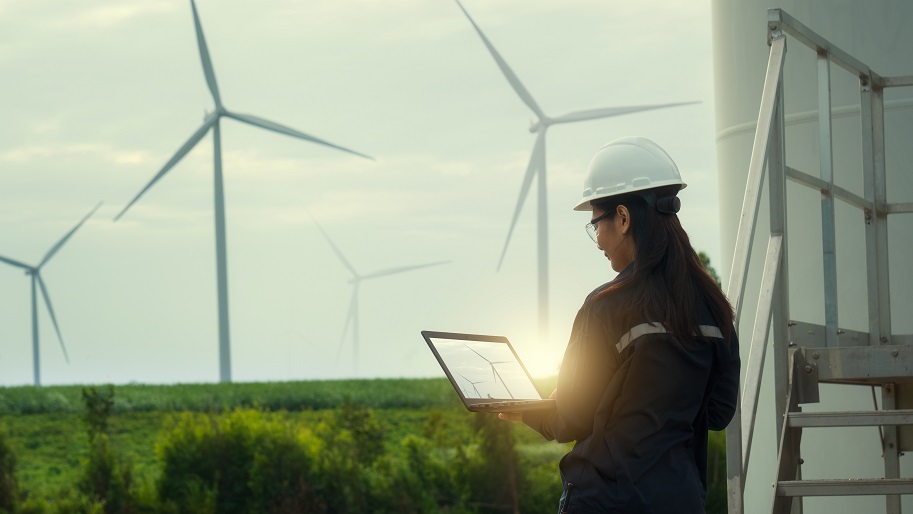DWIH Focus Topic 2022: Sustainable Innovations
 © Tunvarat Pruksachat/Getty Images
© Tunvarat Pruksachat/Getty Images
The German Centres for Research and Innovation (DWIH) have chosen “Sustainable innovations” as their focus topic for 2022 and will be highlighting how these are being driven forward in a process of international exchange.
Are there “limits to growth” as far as innovations are concerned? Published by the Club of Rome 50 years ago, this was the title of a widely read study of the dangers involved in rampant economic growth. It concluded that wanting “evermore” growth and production could not be the answer and that more sustainable and environmentally friendly approaches were needed. Increasingly, it is also no longer enough for innovations simply to be new or more productive.
As drivers of innovation, science and research-based industry need to work sustainably. Innovations can foster sustainability in a very concrete sense, for example when new solutions are found in the fight against climate change, or when resource-efficient methods of production are developed. At the same time, the question arises as to how politics, business and science can create a climate for innovation that will continue to produce ground-breaking developments in the long term.
A network for long-term exchange
“Sustainable innovations” is the 2022 focus topic of the German Centres for Research and Innovation (DWIH) in New York, São Paulo, Moscow, New Delhi, Tokyo and San Francisco. In their programmes, the DWIH demonstrate in particular the value of international exchange for innovation drivers in Germany and the respective host countries.
Further information about the choice of the DWIH focus topic for 2022 can be found on the DWIH network website.
Sustainable innovations are a vital element in Japan’s path to growth. From the development of new solar cells that can be flexibly attached to buildings, to efficient electric mobility structures and the energy-saving automation of power grids: work is underway on numerous innovations in Japan that will support the country’s “Green Growth Strategy”. This strategy is intended to advance electrification while simultaneously decarbonising the power generation sector.
German-Japanese hydrogen cooperation
Within the framework of the German-Japanese Energy Partnership, both countries are strengthening research into and use of renewable energies. Central topics in this context include innovations in and digitisation of renewable energies, grid development and the use of hydrogen. Germany and Japan are among the leading nations in hydrogen technology, and hydrogen that is produced in an eco-friendly way will play an essential role in achieving the goal of climate neutrality that both countries have set themselves.
In October 2021, the DWIH Coffee Talk on “Our Hydrogen Future” staged by the DWIH Tokyo brought together experts from the German Aerospace Center (DLR) and from Niigata University in Japan to explore the potential of hydrogen cooperation between the two countries – another important point to be followed up on during German-Japanese exchange on sustainable innovations.
Register for our Newsletter!
The DWIH Tokyo Newsletter provides timely information on German-Japanese funding programs, event invitations and news from research and innovation. Sign up now!
